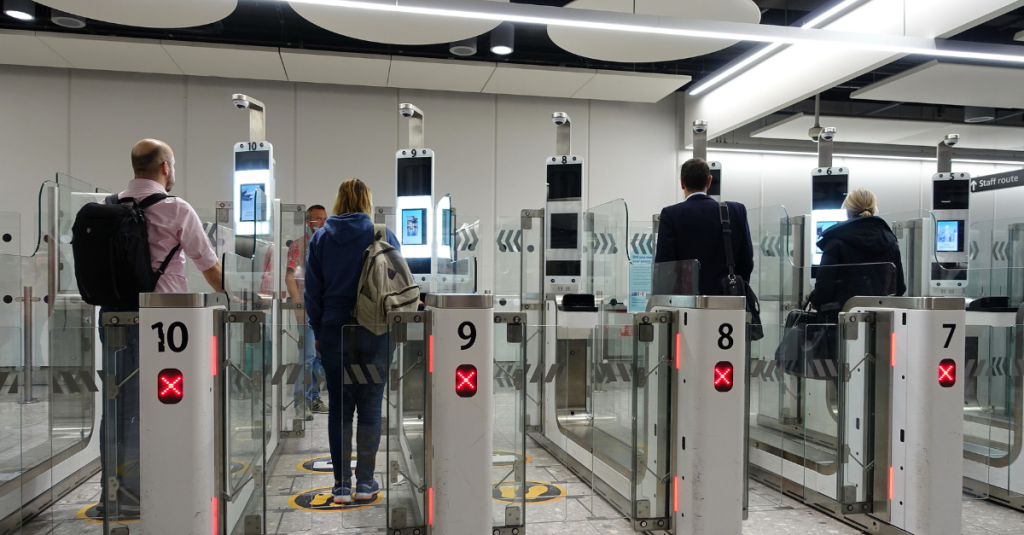Heathrow is advising passengers to utilise e-gates as a strike by Border Force officers unfolds.
The recommendation aims to ease passenger processing while ensuring border security amid the industrial action.
Background of the Strike Action
The planned industrial action by more than 500 Border Force officers at Heathrow Airport is both strategic and significant. Initiated on a Friday, coinciding with the return of half-term holidaymakers, this three-day strike serves as a continuation of previous disruptions. The underlying reason for the strike is rooted in demands for a fair roster, which the workers feel is imperative to their efficiency and job satisfaction.
Effect on Passengers
With the strike action active at Heathrow, there is a marked impact on passenger processing times at the border. Passengers have been advised to utilise the self-service e-gates to minimise delays. This recommendation aims to streamline passenger flow and mitigate the inconvenience caused by the reduced manpower at border checkpoints. The Home Office has also reassured travellers of robust plans to maintain security.
Response from the Authorities
During this period of industrial action, a spokesperson for the Home Office stated, “We are aware of the planned strike activity at Heathrow this weekend. Border Force have robust plans to minimise disruption and keep the border safe and secure.” This statement reflects the government’s attempts to assure the public that contingency measures are in place, despite the challenges posed by the reduced workforce at a vital entry point into the UK.
Concerns Raised by Workers
Border Force officers have highlighted critical concerns regarding their work conditions. The officers argue that their current roster system does not provide a healthy work-life balance. They stress the importance of a fair roster to perform their duties effectively without exhaustion and to manage personal responsibilities. This demand underscores the complex balance between operational efficiency and employee welfare within the aviation security framework.
Implications on Airport Operations
Heathrow Airport, in anticipation of the potential disruptions, has reopened a fast-track security service for departing passengers. Priced at £12.50, this service is introduced as part of the airport’s strategy to handle the expected increase in passenger volume over the summer months. The airport is preparing to manage over 30 million passengers, indicating a proactive approach to potential bottlenecks despite the ongoing strike challenges.
The effectiveness of these initiatives will depend largely on passenger cooperation. Heathrow’s encouragement for the use of e-gates not only looks to alleviate immediate pressures but also to promote long-term adoption of automated systems as a standard practice.
Union’s Call for Negotiations
The Public and Commercial Services Union (PCS) has been vocal about urging senior management at Heathrow to revisit negotiations concerning the roster. They advocate for meaningful changes that acknowledge the officers’ demands for improved work conditions. The union’s stance is that a renegotiated roster could potentially avert future strikes, highlighting the need for dialogue between employees and management to foster a cooperative working environment.
The PCS union’s persistence in its demands demonstrates a continuous effort to address concerns through structured negotiations. Their approach suggests that cooperation and dialogue are crucial in achieving long-term solutions that benefit both the workforce and operational efficiency.
Future Outlook
With further industrial actions planned from June 4 to 25 at Heathrow, which includes a work-to-rule and overtime ban, the ongoing tension between the Border Force and management appears set to continue. This scenario suggests that unless an agreement is reached, Heathrow and its passengers may face ongoing disruptions. The management at both the airport and government levels will need to work collaboratively to find a settlement that meets operational needs while addressing workers’ concerns.
The need for resolution is critical as further strikes are planned.
Cooperation between authorities and Border Force is vital to maintaining efficiency and security.

